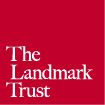Championing a sustainable approach to travel since 1965
For sixty years, Landmark’s approach to buildings, furniture and life in general has been about adapting and reusing.
We believe that heritage is part of the solution to the extraordinary challenges of climate change and are committed to continuing to play our part in tackling them. Many of the traditional methods and materials that we use are in themselves inherently more sustainable than their modern equivalents, and we set out to conserve what is already there wherever possible.
What's more, we are looking critically at how to make the running and maintenance of our buildings more environmentally sustainable. We have changed the energy supply to the vast majority of our properties to renewables and are working to ensure all new Landmarks have sustainable heating systems.
Inside our Landmarks you’ll find carefully chosen second-hand furniture, and broken items are repaired locally before we consider replacements. Our curtains and cushions are handprinted, our soap is handmade locally, and we use only ecologically-friendly cleaning products.
And as for our guests? Each time you choose to stay in a Landmark you are not only choosing a low carbon approach to holidaying, but you are directly contributing to the survival of historic places. The rental income generated by your stay flows directly back into our buildings. With each holiday booking, we can thatch and plaster. We can gild, grain and harl, reapply limewash, repoint, repair and redecorate.
Holidays with meaning
Each time you stay in a Landmark, you are supporting our charity's work to rescue and restore historic buildings. This is because the rental income we generate through holiday bookings flows directly back into the buildings themselves, not into shareholder returns or executive bonuses. Our teams work with networks of tradespeople and conservators, boosting regional employment and contributing to local economies on a national scale. These contractors are often family run businesses, their relationship with Landmark dating back generations. Often we're reviving near-lost traditional craft techniques, training the next generation of craftspeople too.
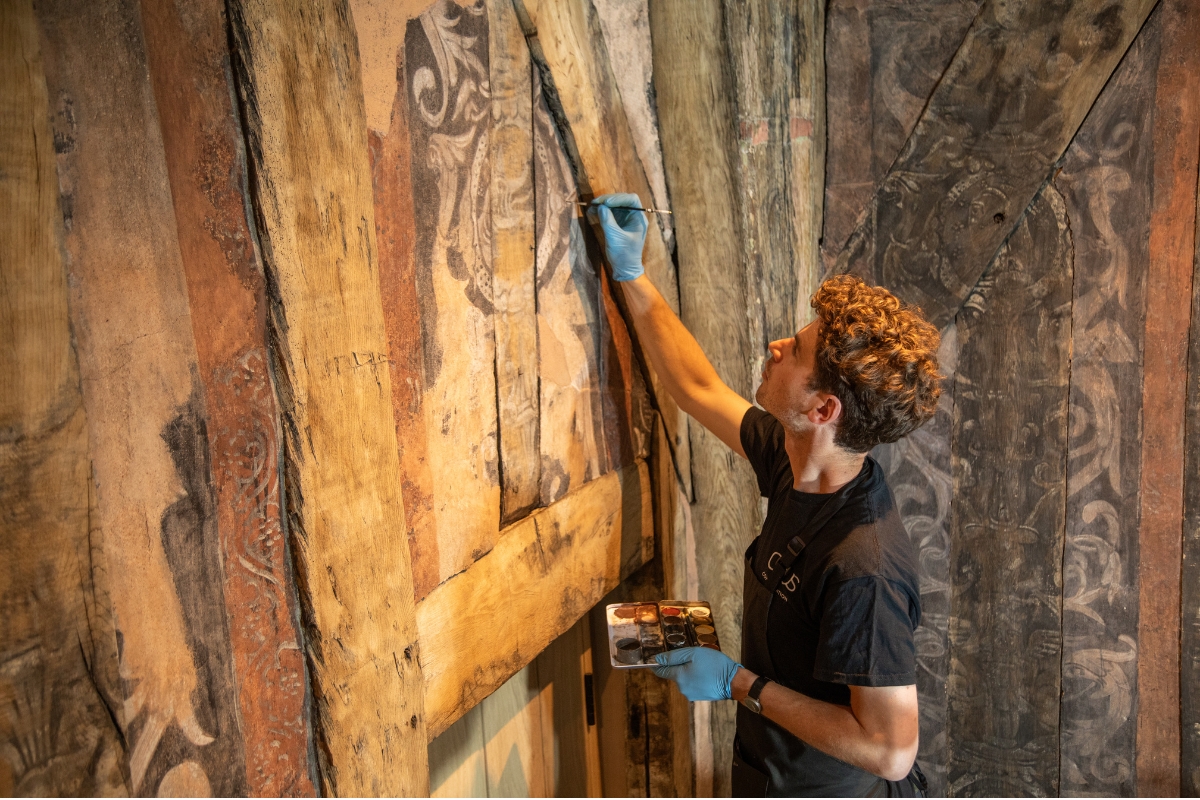
UK holidays by public transport
While it’s true that many Landmarks are in remote or deliciously off-the-beaten-track locations, a considerable number of them are located in towns, cities or villages, near sustainable transport hubs, and reachable by train or bus.
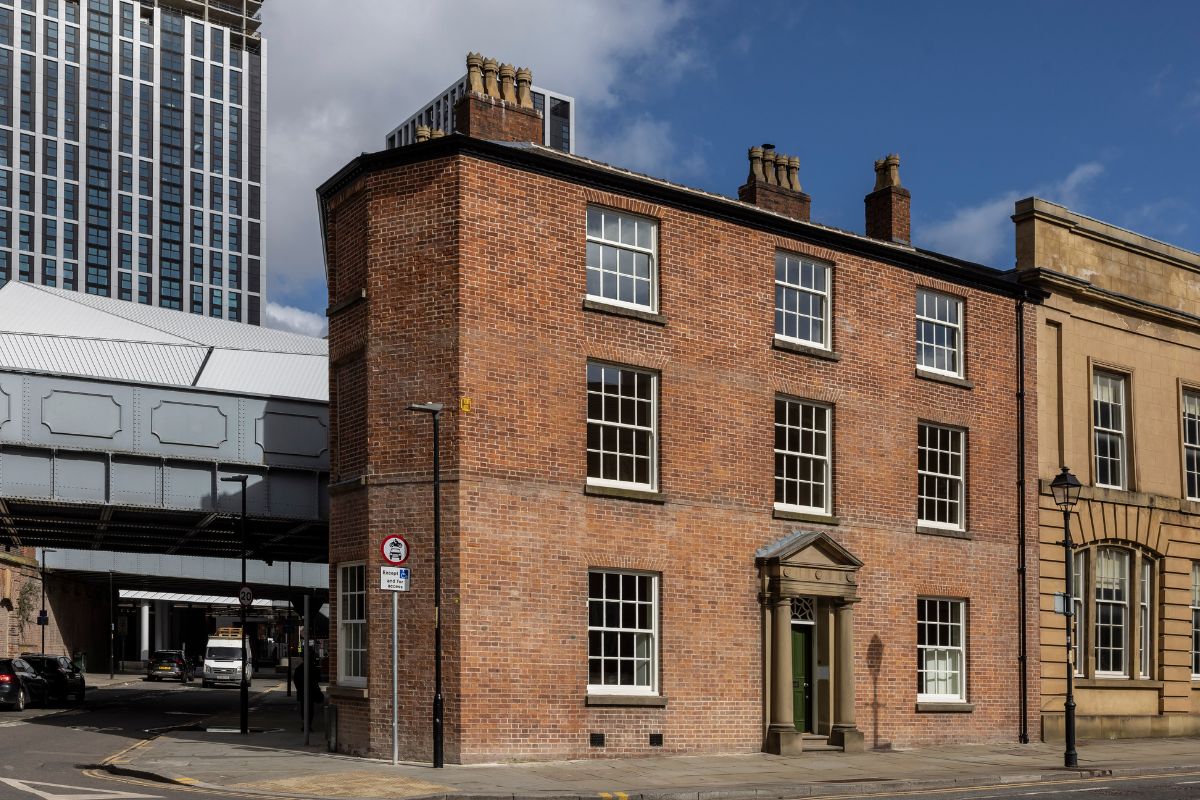
Electric vehicle charging
We are on a mission to install electric car charging points at all Landmarks with parking over the next few years. So far we've installed them at 23 Landmarks, and we’ve seen an excellent take up from guests. We will continue to roll out installations in the coming months and years.
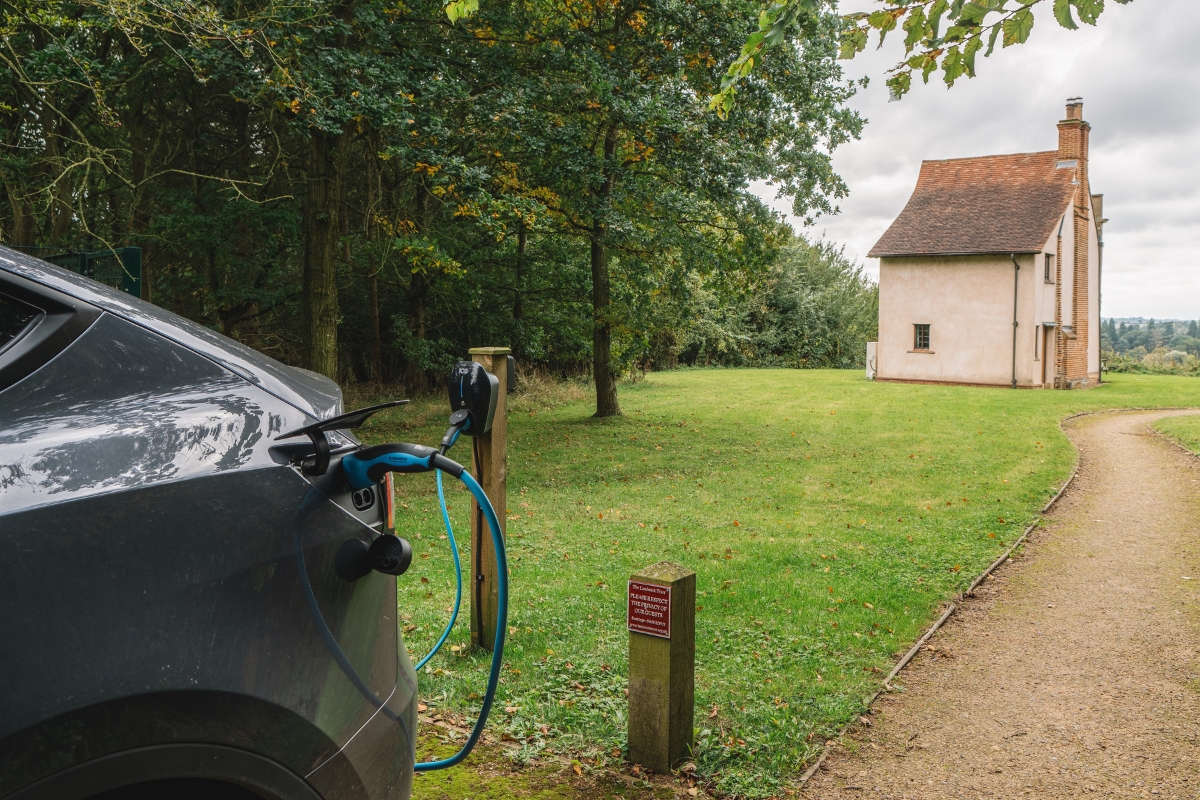
Promoting lesser-known destinations
Far from the crowds caused by overtourism in certain parts of the UK, for many of our guests, the Landmark itself is the destination. This leads to discovering hidden gems, quiet villages and lesser-known landscapes you may not have thought to visit before, avoiding the popular tourist traps and supporting visitor economies in less travelled parts of the country.
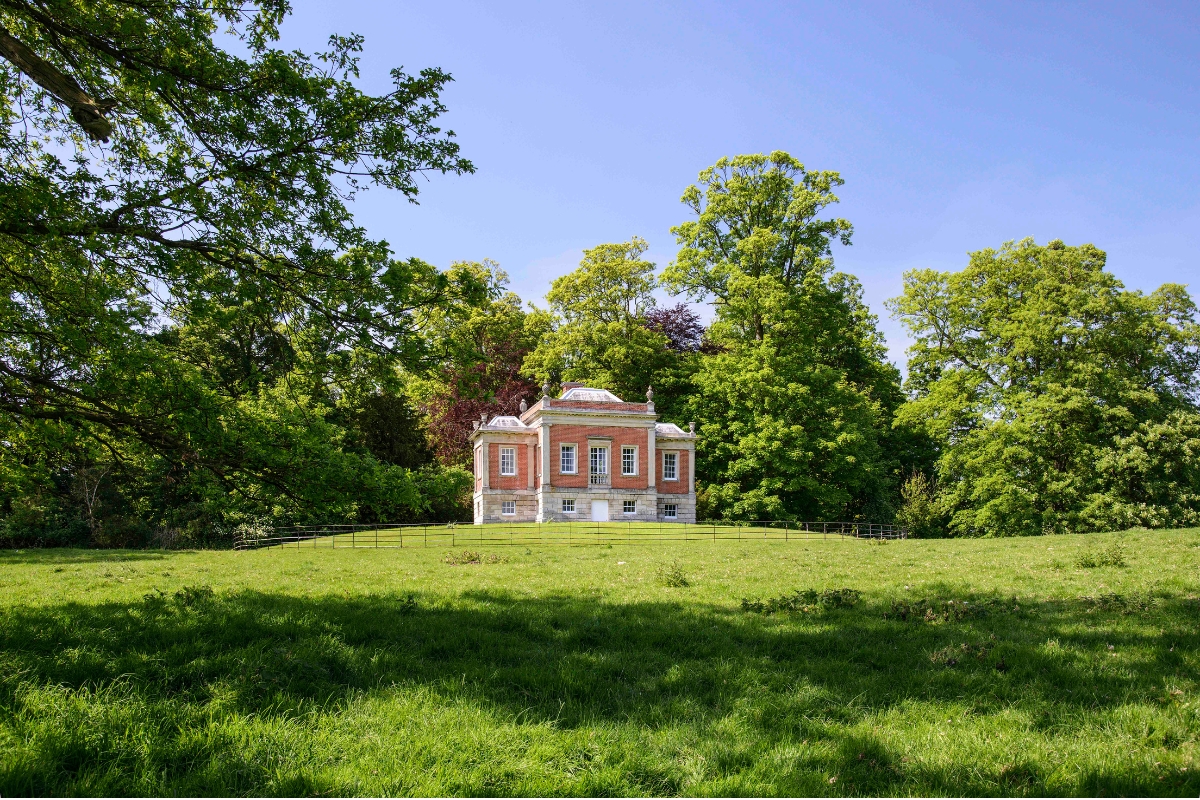
Adapting and reusing
Much of the furniture you’ll find throughout a Landmark is bought second-hand by our furnishings team and chosen to reflect the character of the Landmark. The kitchens are usually hand-made in our workshop, and broken items are repaired locally before we consider replacements.
Our cleaning materials have also been switched to more ecologically friendly brands, based near to our offices. The thermal linings for our properties’ curtains and furniture covers are also made locally.
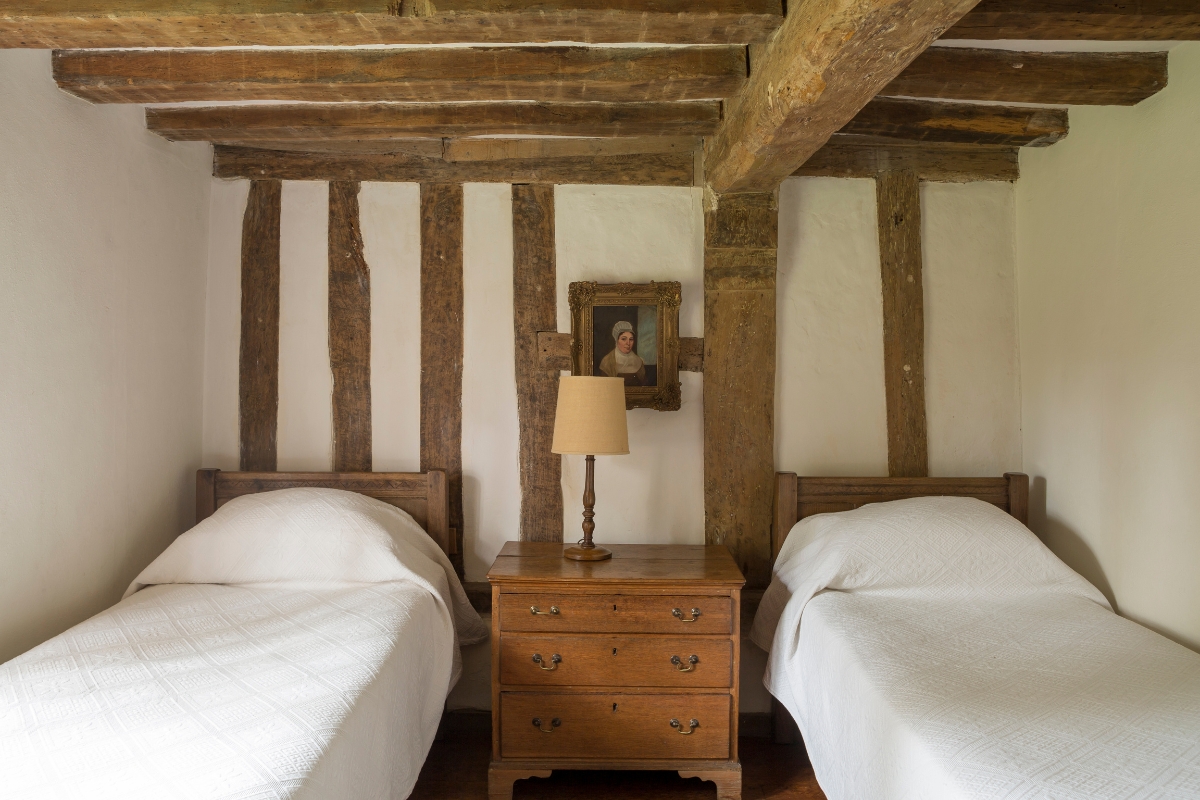
Our sustainability goals
Landmark has drawn up an ambitious plan to make our work even more environmentally sustainable, with a commitment to achieve net zero carbon emissions by 2045, and sooner if possible. Read more about the steps we are taking to achieve this goal - including increasing biodiversity, converting buildings to renewable energy and improving thermal performance.

